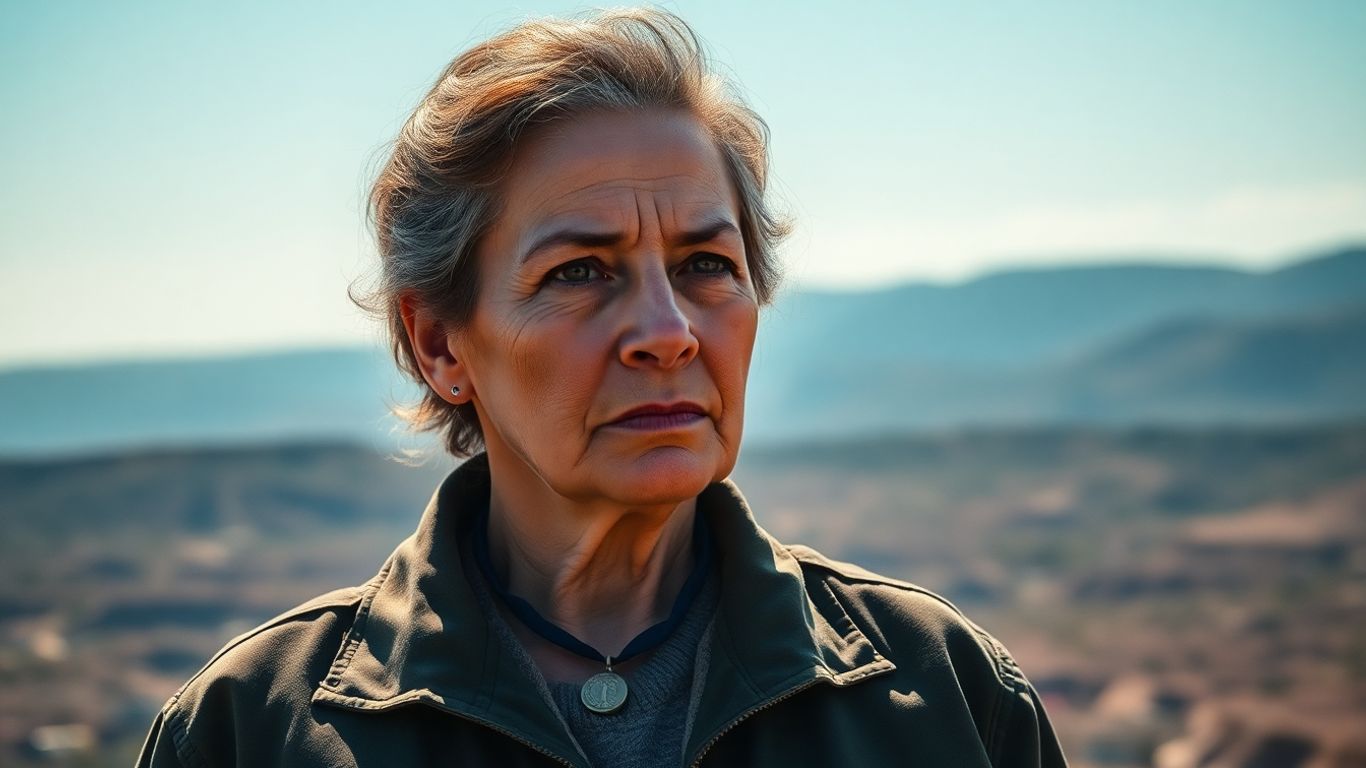Despite their crucial roles in the 1998/99 Kosovo War, many women veterans are still struggling for public acknowledgment and equal rights compared to their male counterparts. While approximately 37,000 individuals receive veteran benefits, the over 3,600 women veterans often find their contributions overlooked, facing societal discrimination and institutional neglect.
Key Takeaways
- Women veterans in Kosovo, despite serving in vital roles during the war, face significant societal and institutional discrimination.
- They receive less public recognition and fewer benefits compared to male veterans, despite sharing equal duties during the conflict.
- A prevailing patriarchal mentality hinders their participation in public life and access to rights.
- The psychological and economic scars of war are compounded by ongoing neglect, impacting their well-being and that of their families.
A Legacy of Service, A Reality of Neglect
Albina Haradinaj, a veteran who joined the Kosovo Liberation Army (KLA) at 17, highlights the stark difference in how male and female veterans are perceived. "On television, all the space is given to men," she stated, emphasizing that while women performed the same duties as men during the war, society does not value their contributions equally. This disparity extends to public recognition, with women veterans rarely receiving the same accolades as men.
Nerxhivane Azizi, who served as both a military nurse and photojournalist, documented war crimes and aided the wounded. Despite her courageous efforts, she recounts facing discrimination within institutions for 26 years. Azizi also points out the economic disparity, noting that children of male veterans have benefited from increased privileges, while women veterans have been left to rebuild their lives with limited support, often remaining in poverty.
Societal Barriers and Institutional Shortcomings
The struggle for recognition is deeply rooted in Kosovo’s patriarchal culture. Sociologists suggest that this mentality discourages women from participating in public life and decision-making roles. In rural areas, husbands sometimes prevent their wives from attending veteran events, further isolating these women. While the Ministry of Defense states it aims to ensure women’s voices are heard and has involved women veterans in policy discussions, the practical implementation often falls short.
The Lingering Impact
Studies indicate that women in Kosovo face significant socio-economic challenges, including poverty, labor market discrimination, and limited property ownership, exacerbated by traditional gender norms. This ongoing neglect not only impacts their social self-esteem and mental health but also perpetuates a cycle of inequality. The fight for recognition for Kosovo’s women veterans is a fight for historical accuracy and fundamental human rights, aiming to ensure their sacrifices are never forgotten.






